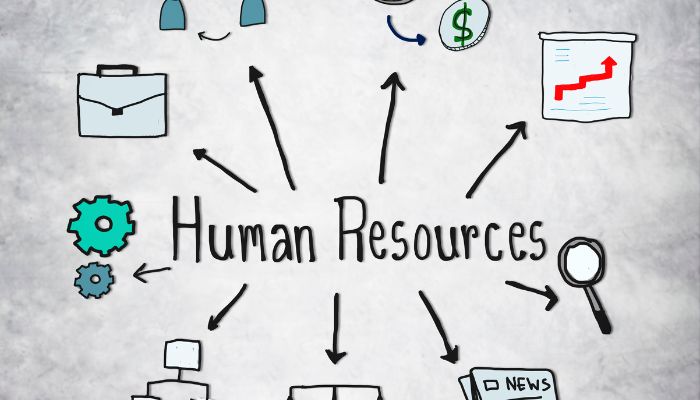If your business has suffered economic fallout in the last few months, you are one amongst the many out there impacted by the pandemic. There are businesses that are finding it utterly difficult to navigate their way through and as a result, have to stretch themselves beyond their expectations and experience just to survive. One of the things that lots of companies are worried about is employee retention. Many companies saw several of their employees go elsewhere when they reopened operations after the global lockdown. So what do companies need to do for reducing employee turnover?
It begins right at the top of an organization’s hierarchy. Leaders need to understand that their actions are more important now than they have ever been. There is too much stress for employees to deal with right now and they have nowhere to go. Add to that the loss of control of their lives that lots of them are experiencing right now. So leaders need to think long and hard before taking any call. They should make sure that their actions don’t make things worse.
You might also be interested to read: Preventing Employee Burnout In The Organization
Here are a few retention strategies that employers can consider for proper turnover management:
Employers should work together with HR managers to come up with mentorship programs for their employees: No matter what employee retention model they follow, they need to make sure that they pair their new employees with an experienced mentor. This will help the new employees deal with the stress of working remotely or any other issue that surface due to the pandemic. Employees can certainly do with some sound advice coming from experienced campaigners right now.
Employers need to understand the importance of putting recognition programs in place: Whether they are formal or informal programs, they can do wonders to the confidence of employees. Appreciation and recognition never go in vain. Employees whose efforts are recognized seem to be willing to go that extra mile in whatever they do. Appreciations can also increase engagement, spark creativity, and do away with the negativity that is usually associated with disengaged and unhappy employees. Of course, remote working is the future of work. But that doesn’t mean that recognition needs to stop. Employers thinking about how to reduce attrition in these testing times have the easiest way of doing so in the form of recognition programs. And implementing these programs for remote working doesn’t have to be a whole lot difficult.
Employers and HR managers should encourage their employees to work towards maintaining their work-life balance while working remotely or from home: It’s easier said than done but that’s the need of the hour. Working from home is not easy. Employers need to be a lot more flexible with work hours and deliverables. Juggling between personal and professional lives can take a toll on employees’ mental and physical health. Employers should be more considerate and shouldn’t expect employees to be as productive from home as they were from office.
How to reduce employee turnover is not a difficult question to answer. Employers need to keep communication channels open, together manage change with employees, and show empathy. All that needs to be done to retain employees.
References:
- “How to Engage And Retain Your Employees During Covid” | Dan Schawbel | 7 September 2020
- “HELPFUL TIPS TO IMPROVE EMPLOYEE RETENTION DURING COVID-19” | Carol Evenson
You might also be interested to read:






